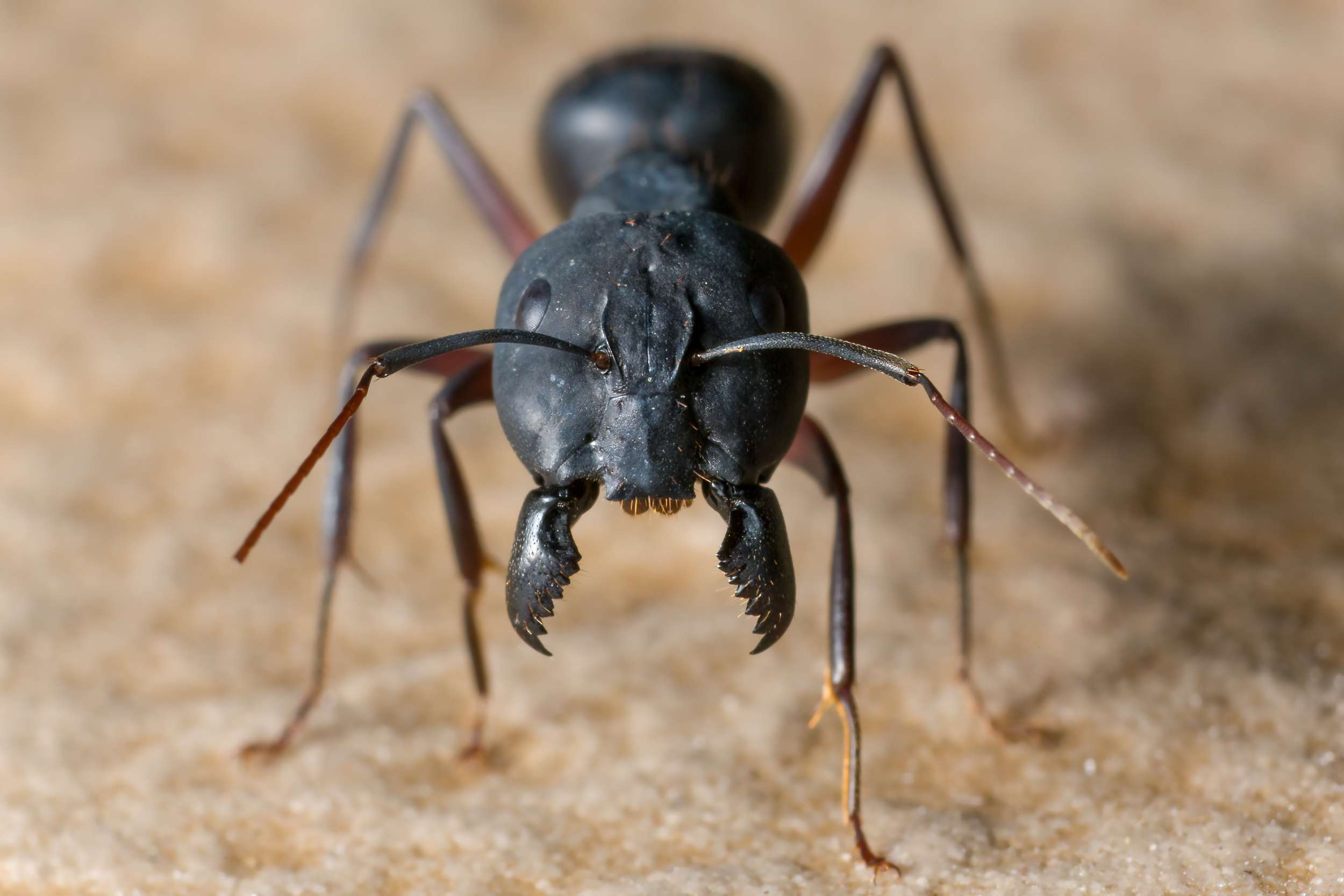Introduction
Black garden ants are among the most common insects found in gardens worldwide. Many people notice these tiny creatures scurrying around soil, plants, and pathways. A frequent question arises: do black garden ants bite, and should you be concerned? Understanding their behavior, bite potential, and how to manage them can help you maintain a healthy garden while minimizing discomfort or risks.
In this article, we explore whether black garden ants bite, what their bites feel like, and how to safely deal with them. We’ll also cover their role in the ecosystem, common myths, and expert-backed advice for gardeners and homeowners.
Do Black Garden Ants Bite Humans?
The Truth About Their Bite
Black garden ants (Lasius niger) are generally not aggressive towards humans. Unlike fire ants or other stinging ants, black garden ants rarely bite or sting. However, if provoked or disturbed, they can deliver a mild bite using their mandibles. This bite is usually harmless and not venomous.
- Bite Sensation: Most bites feel like a small pinch or mild irritation.
- Reaction: Some people may experience slight redness or itching, but serious allergic reactions are extremely rare.
When Are Bites Likely?
Bites typically occur when ants are trapped against the skin or if someone disturbs their nest. Walking barefoot or handling soil near anthills increases the chance of contact.
Why Do Black Garden Ants Bite? Understanding Their Behavior
Defensive Mechanism
Black garden ants bite primarily as a defense mechanism. If they feel threatened, biting helps protect their colony.
Foraging and Nest Defense
Ants use their mandibles to carry food and manipulate objects, but biting humans isn’t part of their feeding behavior.
Impact on Humans
While bites are rare, the discomfort can be a nuisance. Unlike biting insects that transmit diseases, black garden ants do not pose health risks beyond minor irritation.
How to Prevent Black Garden Ant Bites in Your Garden
Practical Tips
- Wear Protective Clothing: Use gloves and closed shoes when gardening.
- Avoid Disturbing Nests: Identify anthills and steer clear when possible.
- Maintain Cleanliness: Remove food residues and sugary spills that attract ants.
- Use Natural Repellents: Vinegar, lemon juice, or essential oils like peppermint can deter ants.
Safe Control Methods
If ants become a problem, opt for eco-friendly control methods:
- Boric Acid Baits: Target ants effectively while minimizing environmental impact.
- Diatomaceous Earth: Creates a physical barrier without chemicals.
Professional pest control may be necessary for severe infestations.
The Ecological Role of Black Garden Ants in Gardens
Beneficial Contributions
Black garden ants play a vital role in soil aeration and nutrient cycling. Their tunneling improves soil structure, which benefits plant roots.
Pest Control Allies
They prey on some garden pests and help reduce harmful insect populations.
Symbiotic Relationships
These ants often farm aphids for honeydew, which can lead to increased aphid populations. Managing these relationships is key to garden health.
Expert Insights on Black Garden Ant Bites
Dr. Jane Smith, an entomologist, notes, “Black garden ants rarely bite humans. Their presence usually indicates a healthy garden ecosystem. Managing interactions rather than eradicating ants is the best approach.”
Conclusion
Black garden ants can bite, but such incidents are uncommon and typically mild. Understanding their behavior helps reduce unnecessary fears and guides effective prevention methods. Protecting yourself with simple precautions, like wearing gloves and avoiding nests, can minimize bites. Moreover, recognizing the valuable ecological role of these ants encourages coexistence and mindful garden care.
By adopting informed strategies, you can maintain a thriving garden free from ant-related discomfort while supporting local biodiversity.
